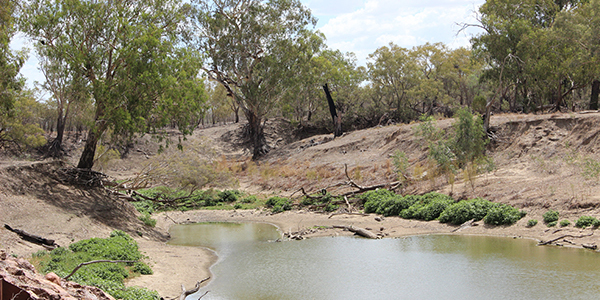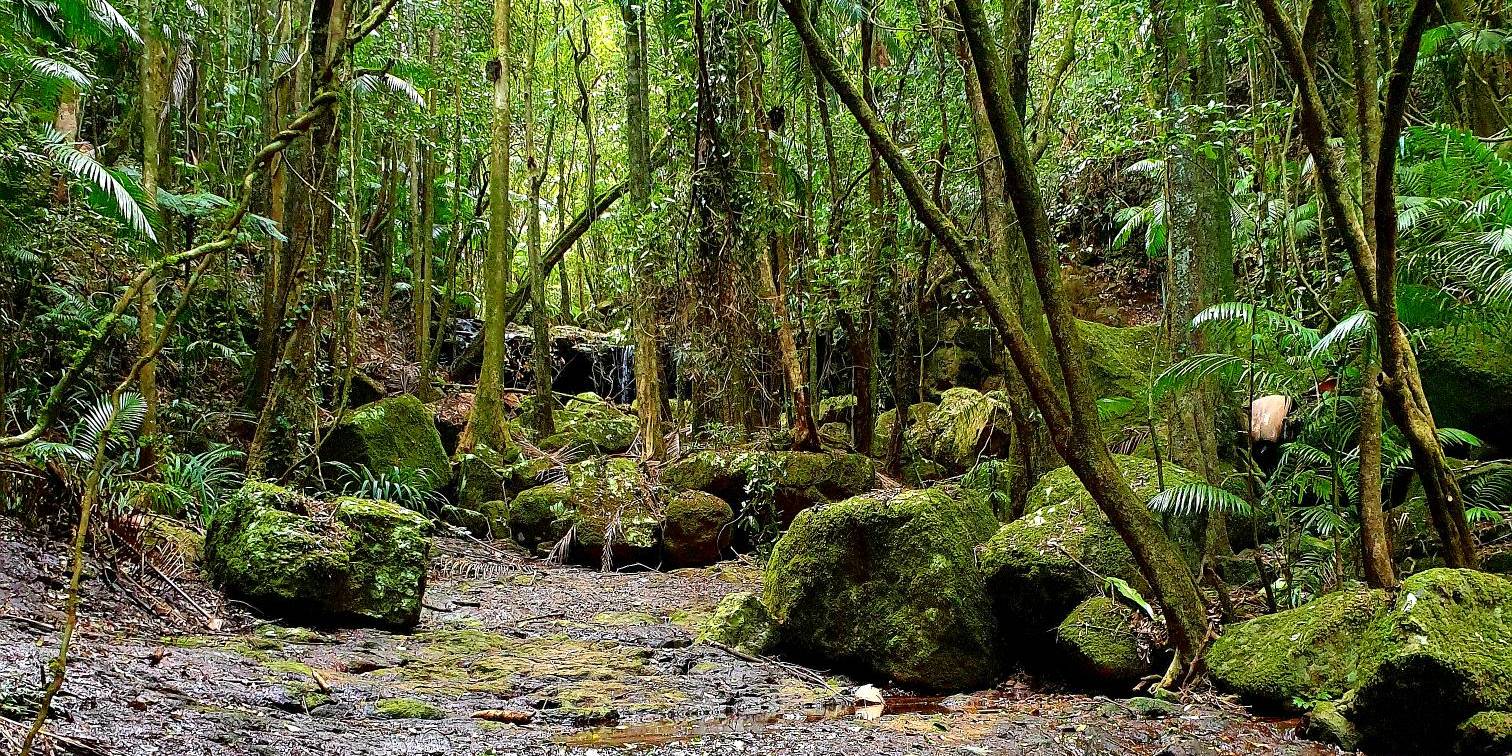About this case study
Drought
Local government, farmers, water managers
Community engagement, education
Find out how regional areas of NSW are sharing their knowledge and experiences of drought to be better prepared for the future, including a rural town leading the charge to use recycled sewage water on their roads.
It turned our country into just dirt, which is unheard of up here... Basically our landscape had nothing on it. Everything that the animals were eating, we had to bring in. The number of trucks in town every day taking stock out and bringing grain in was unprecedented. The sell-off of stock out of this district was phenomenal.
- Walcha Shire Mayor, Eric Noakes
The town of Walcha, in the NSW Northern Tablelands, is known for it’s spectacular waterfalls, green pastureland and wild rivers.
But in 2019, the water dried up. The Macdonald River, which supplies more than 3,000 residents with water, ran dry nine times.
For 18 months, the community and its farmers suffered through the worst drought in 100 years. As the number of trucks on the road increased, the water sources critical for maintaining the 600 kilometres of road network in the Shire were drying up.
The Council uses at least 15,000 litres of water every day to maintain the mostly gravel roads so they’re passable.
Without road access, the town and its economy would be completely cut off. Walcha Shire Council roads manager, Luke Andrews explains, "like a lot of rural towns, [the roads] are the arteries for everything... You bring in B-double [trucks] of grain, you’re sending out B-doubles of stock. Those trucks could be worth up to $700,000. So our road network is not only an access to our farms, but is used by trucks that are worth a lot of money... Basically all of our water sources dried up, and during the worst part of the drought, we came to a point where there wasn't a single water source in the Shire that we were able to utilise for maintenance grading".-
Because of the lack of water and an unwillingness to use the town’s precious potable water on the roads, they fell into a state of disrepair, frustrating truck drivers and locals who relied upon them.
"It was a devastating time," said Mr Andrews.
After months of pain, finally the drought in the region broke with soaking rains. With the rain came an urgent ambition from Council to be better prepared for drought in the future.
It has been investigating how to use alternative water sources to protect its critical road network against the impact of climate change.
The current project that we're working on to adapt to climate change, involves the use of our recycled water from the sewage treatment plant for gravel road maintenance.
- Walcha Shire Council water and wastewater manager, Tess Dawson
They’re working with the EPA, the Department of Planning, Industry & Environment and NSW Health to ensure the quality of the water is safe to use.
While the challenging process may require some legislation change, the Walcha Shire Council is hoping that with support from other drought-affected regions, they may be able to find a solution.
Walcha Shire’s experience is the first of three stories shared in the new Climate Resilience Podcast series, a collaboration between Local Government NSW (LGNSW) and the Namoi group of Councils.
Much of the Namoi region, which includes Narrabri, Gunnedah, Gwydir, Liverpool Plains, Tamworth, Uralla and Walcha, suffered severe water shortages during the recent drought.
Droughts like that one are predicted to become more frequent as the climate continues to change according to the Bureau of Meteorology.
The focus of the Climate Resilience Podcast series is to explore how these regional communities can continue to secure water in the face of changing climate, remote distances and extended drought conditions.
LGNSW Climate Change Grants Manager Stefanie Garland said the podcast series is an engaging way of sharing knowledge.
“Podcasts have become a really valuable way of sharing stories within our communities and networks,” Ms Garland said.
We’re hoping that the Climate Resilience Podcast series will reach other councils in NSW, transfer knowledge and experiences in an authentic way and ultimately increase the uptake of climate change adaptation knowledge.
- LGNSW Climate Change Grants Manager, Stefanie Garland
Related Information
Climate Resilience Podcast series
This project was proudly funded by the NSW Government with support from Local Government NSW.


